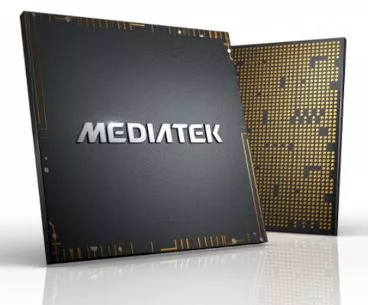Easy solutions for fix slow issues on XIAOMI REDMI 13 troubles. This is a budget-friendly 5G smartphone that operates on Android 14 with HyperOS and features a 6.79-inch IPS LCD display with a 90Hz refresh rate. Some users have been reported to experience lagging issues by some users after several months of use. We will provide some tips and tricks to make your XIAOMI REDMI 13 run more smoothly.
Why XIAOMI REDMI 13 Performance Become Slow and Not Responsive?
The XIAOMI REDMI 13 is equipped with a Mediatek Helio G91 Ultra processor and offers options for 6GB or 8GB of RAM. While this configuration is generally sufficient for everyday tasks, the phone’s performance can be impacted by several factors:
- RAM limitations: Each app running on our device, whether in the foreground (actively used) or background, consumes a portion of the available RAM. Installing and using numerous apps simultaneously can strain the RAM, potentially leading to slower performance and even forced closure of apps to free up memory.
- Background processes: Many apps continue running processes in the background even when not actively in use. These processes, such as checking for updates or notifications, consume both RAM and processing power, contributing to a gradual slowdown of the device over time.
- Resource-intensive apps: Certain apps, particularly games, social media platforms, and those with constant background activity, demand more resources than others. Running multiple resource-intensive apps concurrently can overload the system, resulting in noticeable lag and sluggishness.
To mitigate these issues and ensure optimal performance, it’s crucial to manage app usage, regularly close unused apps, and be mindful of the number of resource-intensive apps running simultaneously.
How to Boost Speed Performance of XIAOMI REDMI 13 And Make It Run More Faster?
- First steps: Perform a soft reset or reboot to clear temporary files and caches. After rebooting, the speed performance might improve.
- Uninstall unused apps: Go to Settings > Apps and uninstall inactive applications.
- Disable factory default apps: Some pre-installed apps can’t be uninstalled, but we can disable them in Settings > Apps. This can also reduce RAM and processor usage.
- Hard reset (if necessary): If other solutions don’t work, consider a hard reset to factory defaults. Follow the steps in the XIAOMI REDMI 13 Hard Reset guide using hardware button combinations.
Solutions For Slowly Gaming Performance On XIAOMI REDMI 13
This phone comes with a Mali-G52 MC2 GPU. However, having enough RAM before playing games is crucial. If many apps run in the background, some games might run slowly or lag. Ensure our XIAOMI REDMI 13 has enough storage and free RAM capacity.
Why Is XIAOMI REDMI 13 Speed Become Lagging After Upgrade?
The XIAOMI REDMI 13 comes with Android 14 and HyperOS. While Android updates are designed to improve performance, some users may experience slowdowns after upgrading. It might be because some apps are incompatible or have become corrupt with the new OS version.
If we get slowdowns issues, we recommend backing up all important data and performing a hard reset. This will erase all data and restore our phone to factory settings with the new operating system. Please note that a hard reset will not downgrade our OS version.
How To Speed Up XIAOMI REDMI 13?
The XIAOMI REDMI 13 has a large 6.79-inch screen, suitable for gaming and work. It’s powered by an octa-core Mediatek Helio G91 Ultra processor. Ensure the 6GB or 8GB RAM is sufficient for our daily app usage.
- Clear Phone Cache: Regularly clear app caches to free up storage and improve performance.
- Uninstall Unused Applications: Remove unused apps to reduce RAM and processor usage.
- Update Applications and OS: Keep apps and the Android OS updated.
- Use Lighter Apps: Opt for lightweight alternatives to resource-intensive apps.
- Restart Our Phone: Reboot our phone periodically.
Please note: Some menu options might vary due to firmware updates or other factors. Use the comment box below for further questions or discussions.

